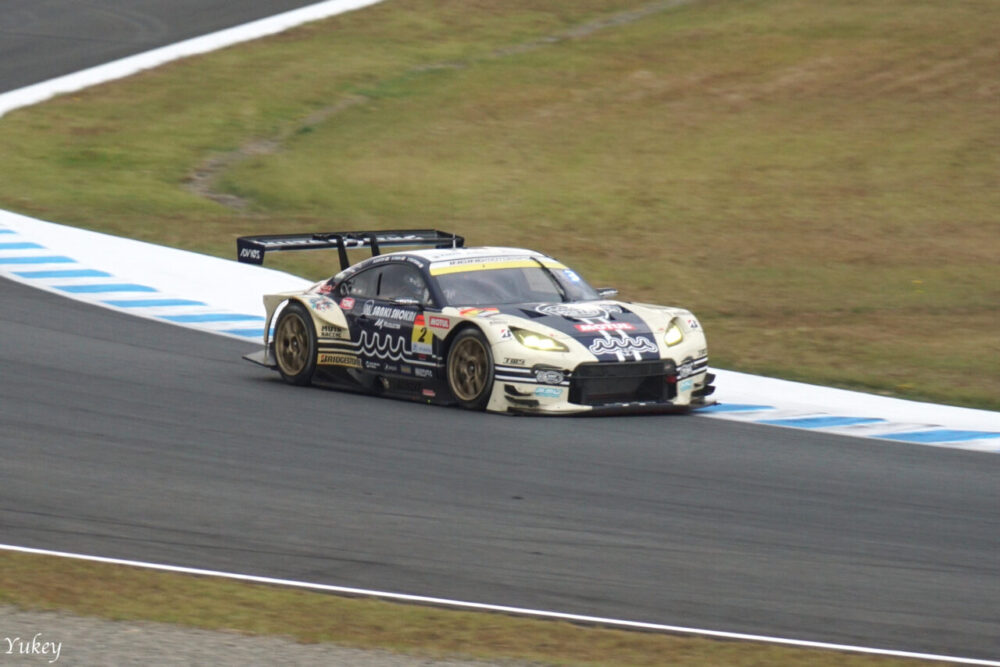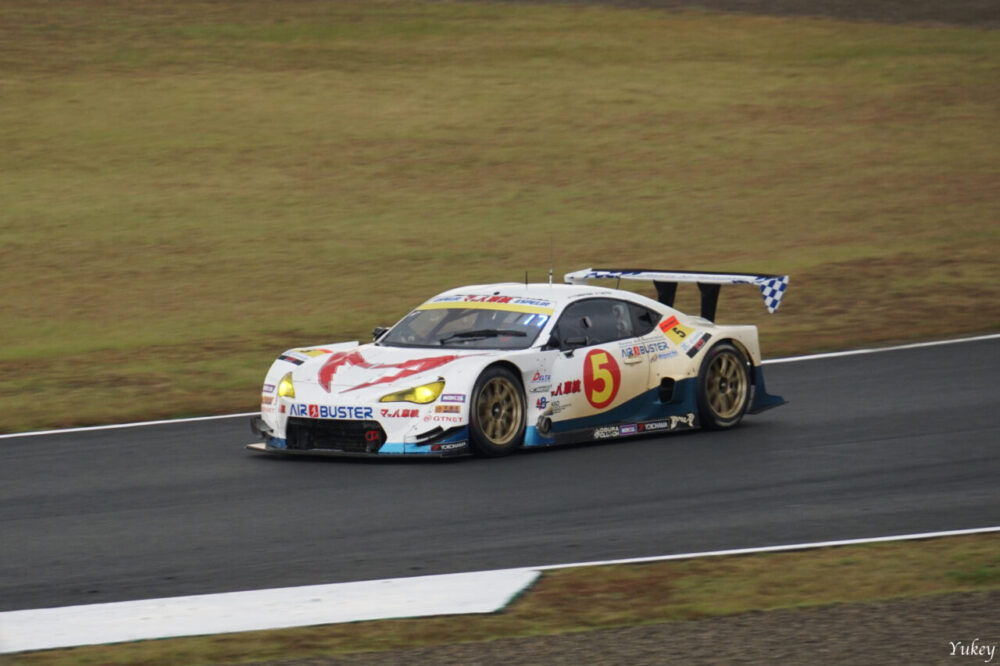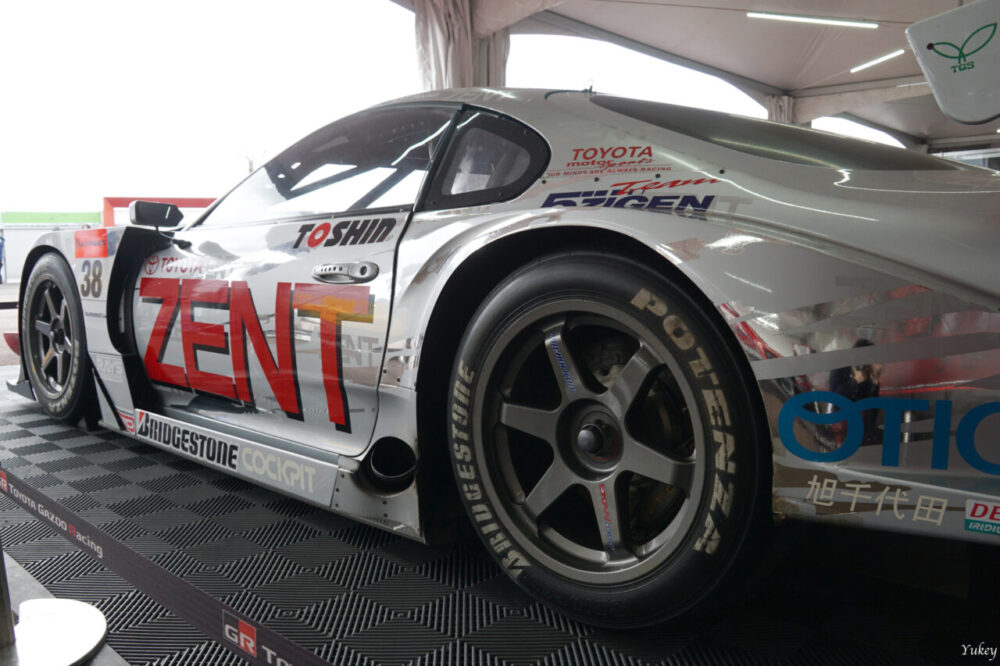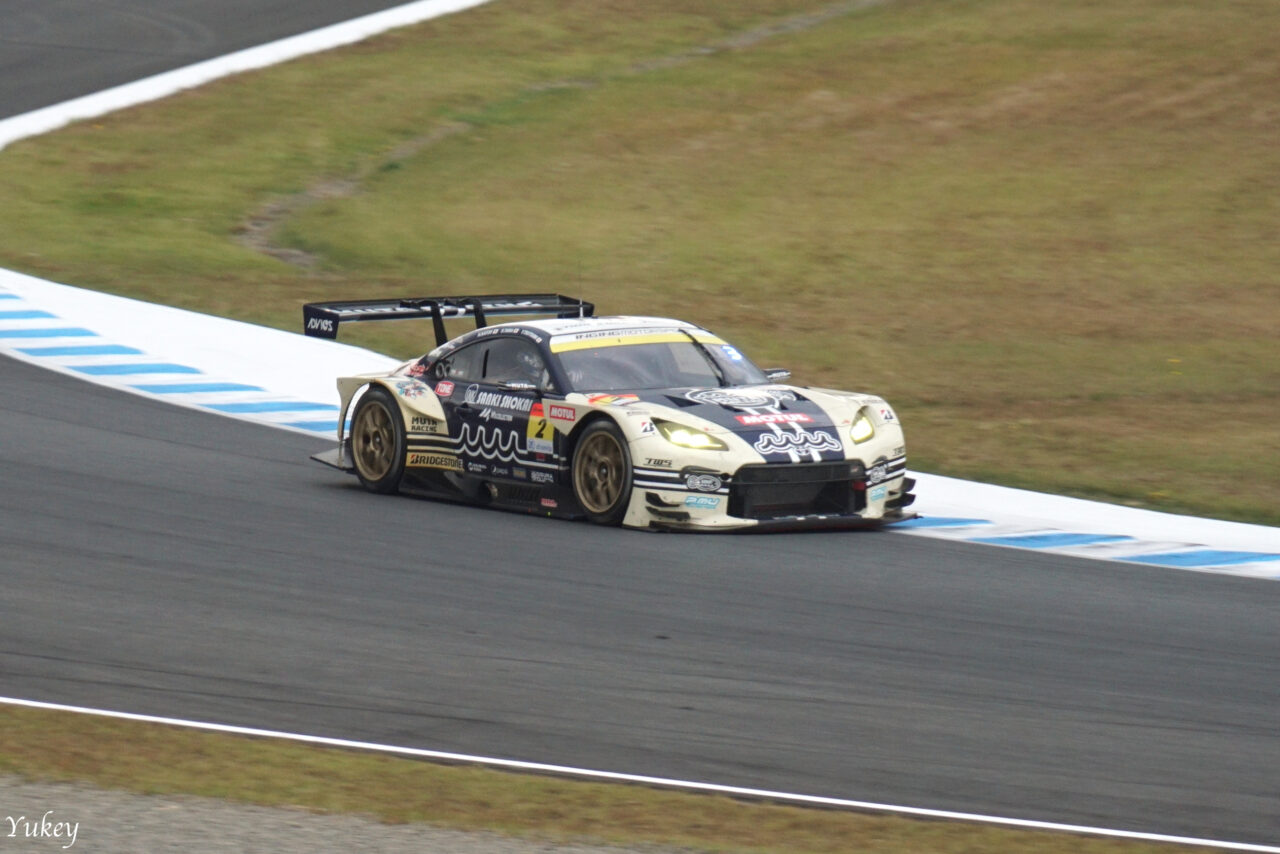I had really wanted to go to Round 8 of SUPER GT at Motegi (November 3rd), but unfortunately, due to exhaustion and poor health, I couldn’t get to the venue.

Though I’m extremely disappointed and frustrated, this experience also brought some valuable realizations. I’d like to share those insights here.
Feeling sad is a good thing
Of all the motorsport series out there, SUPER GT is my favorite. I first became aware of it as an elementary school student, and once I started watching it more seriously in high school, I never missed an opportunity to tune in.
Earlier this year, I purchased a new mirrorless camera, a Sony α6400, in January, and I had been looking forward to capturing the GT machines in all their splendor through the lens.
However, during September and October, I was constantly on the move. Between teaching my lessons, running errands, getting new glasses, and shopping, I ended up going out more often than I have done in recent years. This busy schedule took a toll on me.
If I were to push myself to go, with headaches, extreme fatigue, and full-body aches and poor sleep, it could set me back months in recovery. On top of that, the risk of catching COVID or the flu would increase, so I decided not to go.

This wasn’t the first time I’d had to give up on a race or car event—there have been countless times I couldn’t go, including a seven-year stretch without going to any races in person. I thought this would be just one more of those many times, but something felt different this time.
I felt truly sad. Not being able to go see the race brought me to tears.
Thoughts like, “If only I were healthy, I could have gone,” or “How many more times will I have to feel this frustration?” began to overwhelm me. Memories of the many car events I had to give up flashed before me, and the longing to go welled up inside.
After crying, it occurred to me that I had never been so devastated and frustrated over something related to cars before.
In the past, when I’d miss out on races or car events, I’d often resign myself to the fact, thinking, “Going would mean taking two months off work,” or “I’m too unwell to attend anyway.” I’d give up before even considering the possibility.
When you give up from the start, the disappointment isn’t as deep.
But this time, I was determined to go no matter what. For two months leading up to the event, I had prepared everything I would need for the trip and even checked my car’s tire pressure two weeks before, taking step after step toward being there in person.
The sadness I felt over missing Motegi this time made me realize just how much I love cars and motorsports, and how much I had been looking forward to the race.
Until now, I had never fully acknowledged how much I love cars.
In fact, I had always felt a little self-conscious, wondering if I could truly call myself a “car enthusiast” without even owning a car or regularly going to car events to show my passion.
This mindset likely stemmed from years of frustration as a patient of myalgic encephalomyelitis (ME).
Nobody believes that you’re excited unless you go
For instance, in the early days of my illness, I made plans to watch a movie with a friend—a plan I had looked forward to greatly. My physical state was completely unpredictable back then, so I had to cancel at the last minute because of my symptoms flaring up on the day of the movie.
After it happened twice, my friend said, “If you’re not serious about going, just say so from the start,” and he never invited me again.
It was a double shock—not only could I not see the movie I had been looking forward to, but even my excitement itself was denied.
This happened with other friends, too. I was once told, “You say you’re looking forward to it, but you don’t mean it.” Gradually, I drifted apart from friends. I began to believe that I could only express my enthusiasm or love for something by showing up in person, and that if I couldn’t follow through with actions, my feelings wouldn’t be taken seriously.
It became almost a fear—that my words alone wouldn’t be enough.
As I’m writing this article, I realize how deeply ingrained that feeling has been in me.
Since last year, I’ve been calling myself the “car-loving English teacher.” But even saying that took a great deal of courage, as that inner voice kept saying, “You’re just saying you love cars; you don’t really mean it.”
But this time, acknowledging my genuine love for cars has lifted a weight from my shoulders.
Conclusion
I truly love cars and motorsports. Even if I’m unwell and can only watch events or races from home on a screen, even if I don’t own a GR86 in real life, even if I can only go for a drive once every two months—I love cars.

Next year, with the lessons from this year in mind, I will to go to SUPER GT as well as the Super Taikyu series, which I have been wanting to see for some time.
*An AI chatbot helped me translate this article into English.



